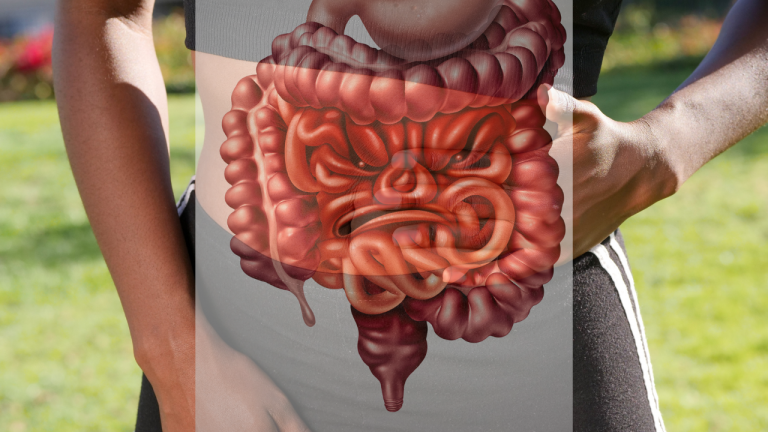How Does the Consumption of Processed and Junk Foods Contribute to Health Problems, and What Steps can be Taken to Reduce Their Consumption?

Consuming processed and junk foods can contribute to various health problems due to their high levels of unhealthy ingredients, such as refined sugars, unhealthy fats, sodium, and artificial additives. Here are some ways processed and junk foods can impact health:
Obesity and Weight Gain: Processed and junk foods tend to be high in calories and low in nutrients, leading to overconsumption and weight gain. These foods often lack satiety and can promote excessive calorie intake, contributing to obesity.
Nutrient Deficiencies: Processed and junk foods are typically low in essential nutrients such as vitamins, minerals, and fiber. Relying on these foods as dietary staples can lead to nutrient deficiencies and compromised overall health.
Increased Risk of Chronic Diseases: Regular consumption of processed and junk foods is associated with an increased risk of chronic diseases, including heart disease, type 2 diabetes, high blood pressure, and certain types of cancer. These foods often contain high levels of unhealthy fats, added sugars, and sodium, which can have detrimental effects on cardiovascular health and blood sugar control.
Poor Digestive Health: Processed and junk foods are often low in dietary fiber, which is important for digestive health. Lack of fiber can lead to constipation, disrupted gut microbiota, and increased risk of gastrointestinal disorders.
To reduce the consumption of processed and junk foods and improve overall health, consider the following steps:
Emphasize Whole, Unprocessed Foods: Choose whole, unprocessed foods like fruits, vegetables, whole grains, lean proteins, and healthy fats as the foundation of your diet. These foods provide essential nutrients and are generally lower in unhealthy additives.
Cook Meals at Home: Preparing meals at home allows you to have better control over the ingredients used and cooking methods. It also promotes the use of fresh, whole foods and reduces reliance on processed options.
Read Food Labels: When purchasing packaged foods, read the ingredient list and nutrition labels. Avoid products with a long list of artificial additives, high levels of added sugars, unhealthy fats (such as trans fats), and excessive sodium content.
Plan and Prepare Meals in Advance: Planning your meals ahead of time can help you make healthier choices and reduce reliance on processed or fast foods. Meal prepping can ensure that nutritious meals are readily available, even on busy days.
Choose Healthy Snack Alternatives: Instead of reaching for processed snacks, opt for healthier alternatives like fresh fruits, vegetables with hummus or yogurt dip, nuts, seeds, or homemade energy bars.
Practice Mindful Eating: Pay attention to hunger and fullness cues, and eat meals slowly and mindfully. This can help prevent overeating and make you more aware of the food choices you’re making.
Stay Hydrated: Drink plenty of water throughout the day to stay hydrated. Sometimes, feelings of hunger can be mistaken for thirst, leading to unnecessary snacking on processed foods.
By making these changes, you can gradually reduce your consumption of processed and junk foods, improve your diet quality, and support your overall health and well-being. It’s important to remember that small, sustainable changes over time can lead to long-term success in adopting a healthier eating pattern.



